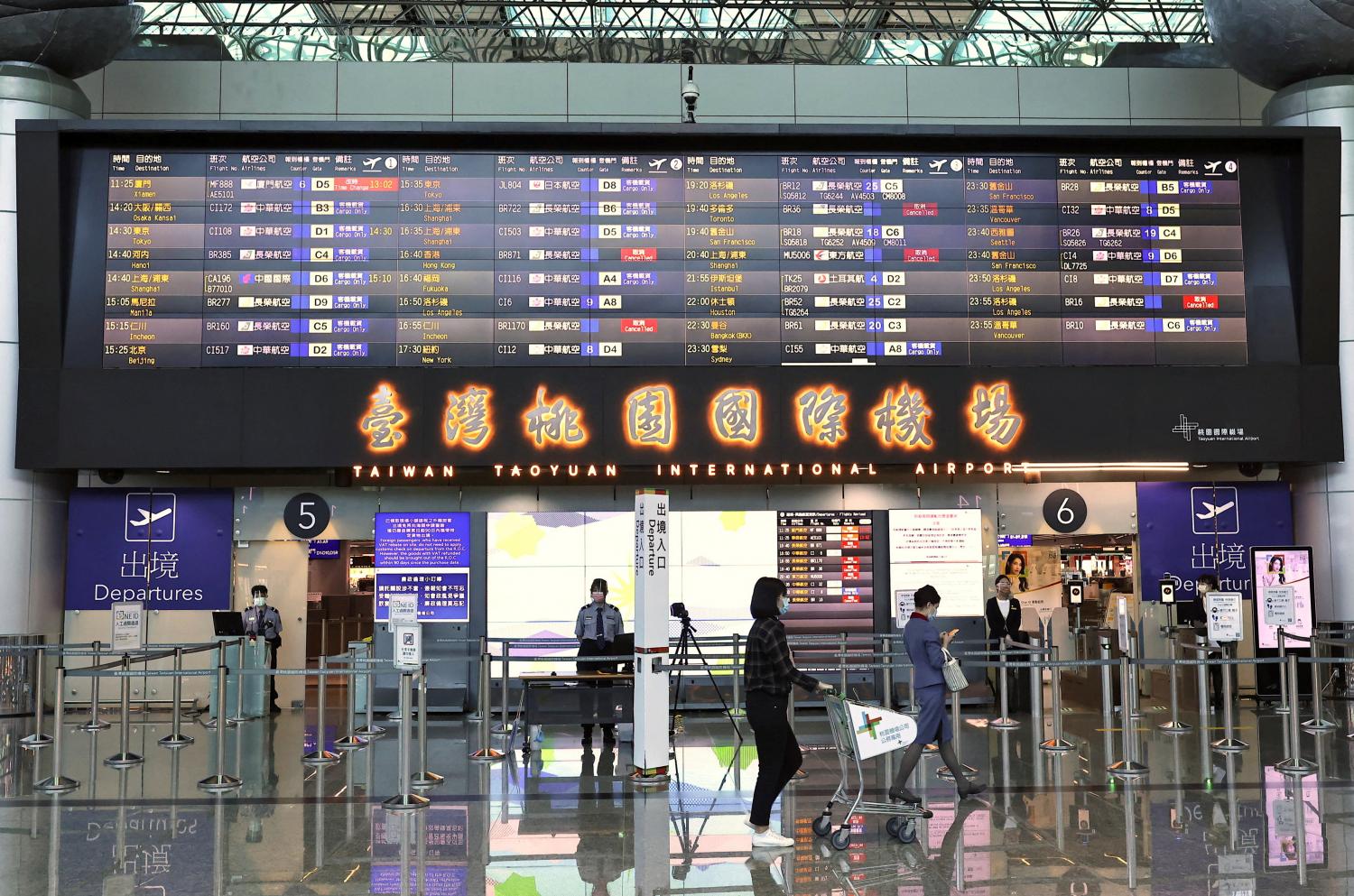
Thai businesses expect only a slight impact from simmering China-Taiwan tensions following US House Speaker Nancy Pelosi's visit to the island, with some seeing a somewhat positive impact in relation to outbound shipments of Thai products, especially food, and a possible relocation of production bases to other countries.
NOTHING TO WORRY ABOUT YET
Visit Limlurcha, honorary president of the Thai Food Processors Association and vice-chairman of the Thai Chamber of Commerce, said the impact of the cross-strait tensions was currently nothing to worry about, but noted that the situation warranted close monitoring.
"We still need to closely monitor whether the tensions will intensify, but each party is believed to see the serious impact to the world's economy from the ongoing Russia-Ukraine crisis," he said.
According to Mr Visit, following China's import bans on 3,500 product items from Taiwan, mostly agricultural and food products, the impact would be rather positive for Thailand, as it offers a good opportunity for Thai businesses to export such product items to China.
He added that the tensions may prompt Taiwanese firms to relocate their electronics production bases to other countries to stave off risks.
GOOD AND BAD EFFECTS
Though Thailand may gain some economic benefits from the China-Taiwan crisis, the problem may worsen the ongoing global shortage of semiconductors, said Kriengkrai Thiennukul, chairman of the Federation of Thai Industries (FTI).
The FTI expects investors to relocate their investments from Taiwan to Thailand and other countries in Asean, which would be similar to the relocation of production facilities from China to Asean following the trade war between the US and China, said Mr Kriengkrai.
He echoed the belief that the tensions may also benefit Thailand's exports of agricultural products and food to China.
Beijing has decided to ban the import of some fruits and fish products from Taiwan, according to media reports.
However, the increasing hostility between China and Taiwan may affect semiconductor manufacturing on the island if the mainland does not export silica sand, a key raw material for chipmaking, to Taiwan. This would worsen the global shortage of semiconductors, said Mr Kriengkrai.
UNLIKELY TO GET WORSE
IT product distributors are keeping tabs on the situation in Taiwan, and some said they would increase their stock of products if the conditions appear to worsen.
Somchai Sittichaisrichart, managing director of office equipment company SiS Distribution Thailand, said that if the situation worsened, the chipset supply from Taiwan Semiconductor Manufacturing Co would be disrupted, which could take a toll on various IT product makers, including Apple.
"We will consider increasing our stock for two months instead of one and a half months at present if we see the situation becoming negative, so as to minimise risk," Mr Somchai said.
He said, however, that the company cannot afford to stock large amounts of IT products due to a fast-changing IT market and a decline in consumer spending.
Takon Niyomthai, head of IT business development at IT retail chain Com7, said that IT products were likely to see an increase in prices at the end of this year due to a shortage of components and high demand in the final quarter.
"We do not plan to increase stock as we have enough supply, while seeing low purchasing power amid economic woes," he said. "We do not expect the situation will get worse as China relies on semiconductors from Taiwan."
Sutida Mongkolsuthree, chief executive of IT distributor Synnex Thailand, said the company still has no plans to raise its inventory due to poor demand resulting from economic woes.
"We will only increase stock for items where we think their prices will rise in the coming months, while ordering selective products that sell well," she said.
AIRLINES READY
Airlines are preparing for the impact of China's live-fire drills around Taiwan, which will last until Sunday, while business operators remain cautious as they keep a close eye on the situation.
Thai Airways International cancelled flights TG632 and TG633 connecting Bangkok and Taipei yesterday, while EVA Air, a Taiwan-based carrier, said its Bangkok-Taipei route, which has around 16 flights per week, will continue as usual, but it will closely monitor the situation and inform passengers beforehand if there are any changes.
Tassapon Bijleveld, executive chairman of Thai AirAsia and acting chief executive of Thai AirAsia X, said his airlines have rerouted flights from Bangkok to Seoul since yesterday to avoid Taiwan's airspace in accordance with a recommendation from the Civil Aviation Authority of Thailand (CAAT).
As a result, the flight hours of this route have increased by 20-30 minutes, but it will not affect services or ticket prices.
CAAT released a statement on Tuesday informing all Thai airlines that they should avoid airspace above and around Taiwan after China released a notice to air missions (NOTAM) about airspace blocks in the area.
Yuthasak Supasorn, governor of the Tourism Authority of Thailand (TAT), said the agency has been closely following the situation and directed all TAT offices in Northeast Asia to assess how the crisis will psychologically impact tourism sentiment.







